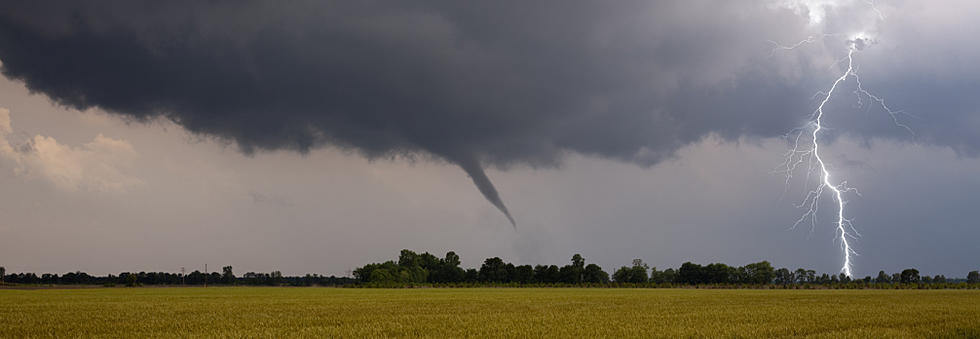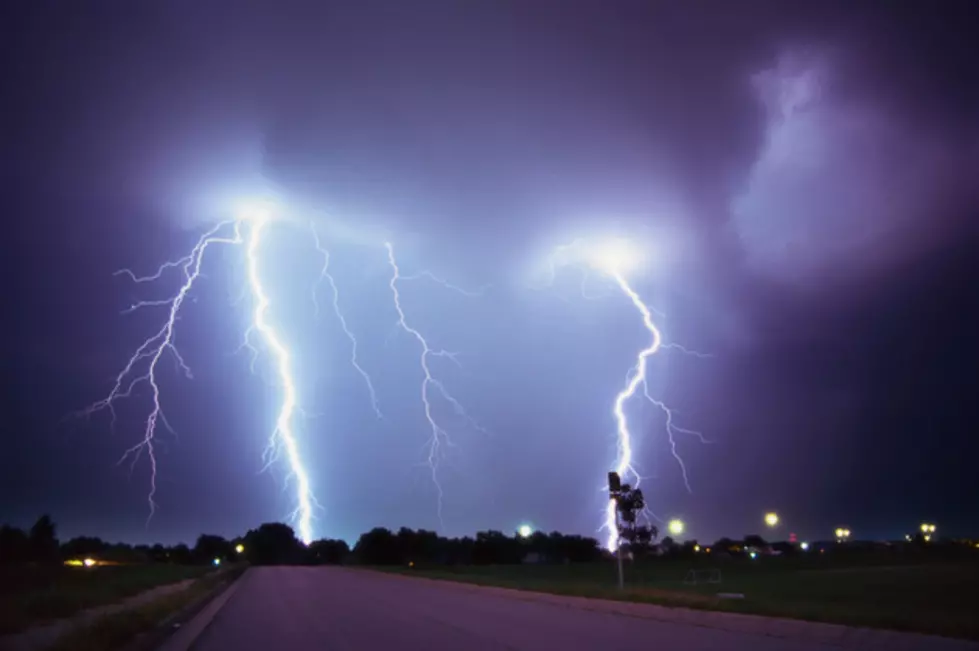
Protecting Your Home From Summer Storms
Summer has barely hit the halfway mark and already storms have resulted in hundreds of thousands of outages in the Garden State, but just like families prepare for snow emergencies there should be a plan for summer storms as well.
Art Aiello with Generac Power systems is a Disaster Preparedness expert says homeowners have a heightened sense of disaster situations thanks to Hurricane Irene, but the summer weather can also spawn severe weather including dorechos and thunderstorms with intense wind and rain- and often those are the ones homeowners aren't expecting.
Aiello says the two biggest dangers during the severe summer storms is the intense heat and the damage to property from high winds, rain, and debris.
To protect themselves and their property, Aiello says the most important thing is to be prepared.
"Do what you can to be prepared well in advance of severe weather because it can come up very suddenly and do damage very quickly."
That means checking your roof to make sure it's in good shape and there are no loose shingles that can fly off and cause damage. Aiello also suggests making sure your roof is wind rated if you happen to live in an area with frequent storms.
Additionally Aiello says people tend to forget about windows and doors when storm prepping.
"if there are debris that can cause damage to windows and doors, you might want to consider investing in impact resistant windows as well as storm rated entry and garage doors."
To deal with the power outages that come with storms, he recommends investing in some kind of back up power system. Whether it is a permanent or portable generator.
While many families are often more vigilant about outage preparedness during the winter, during summer people are often much less concerned about losing power. Something Aiello warns could be deadly.
"In the summer time if the power is out or if a thunderstorm goes through we don't think that our health or our lives are going to be affected. Unfortunately, recently with the extreme heat that was not the case."
Having an emergency kit ready is important notes Aiello. He suggests following the FEMA guidelines which recommend you pack enough to be self sufficient for three days.
In addition to things like food, a portable television or radio, and medicine, Aiello says make sure to have a working Smartphone or cell phone. He encourages using text messages to communicate with family and friends "so that you keep the lines free for an emergency."
The most important item however to be fully stocked on is water.
"Water will be something that you definitely want to make sure you're going to have plenty of. Particularly in the heat so that you do not find yourself dehydrated and in trouble that way."
More From 92.7 WOBM


![Time Lapse Of Angry Storm Clouds Over Toms River [Video]](http://townsquare.media/site/394/files/2017/08/20631886_10101455585641743_1720051918_n.jpg?w=980&q=75)






